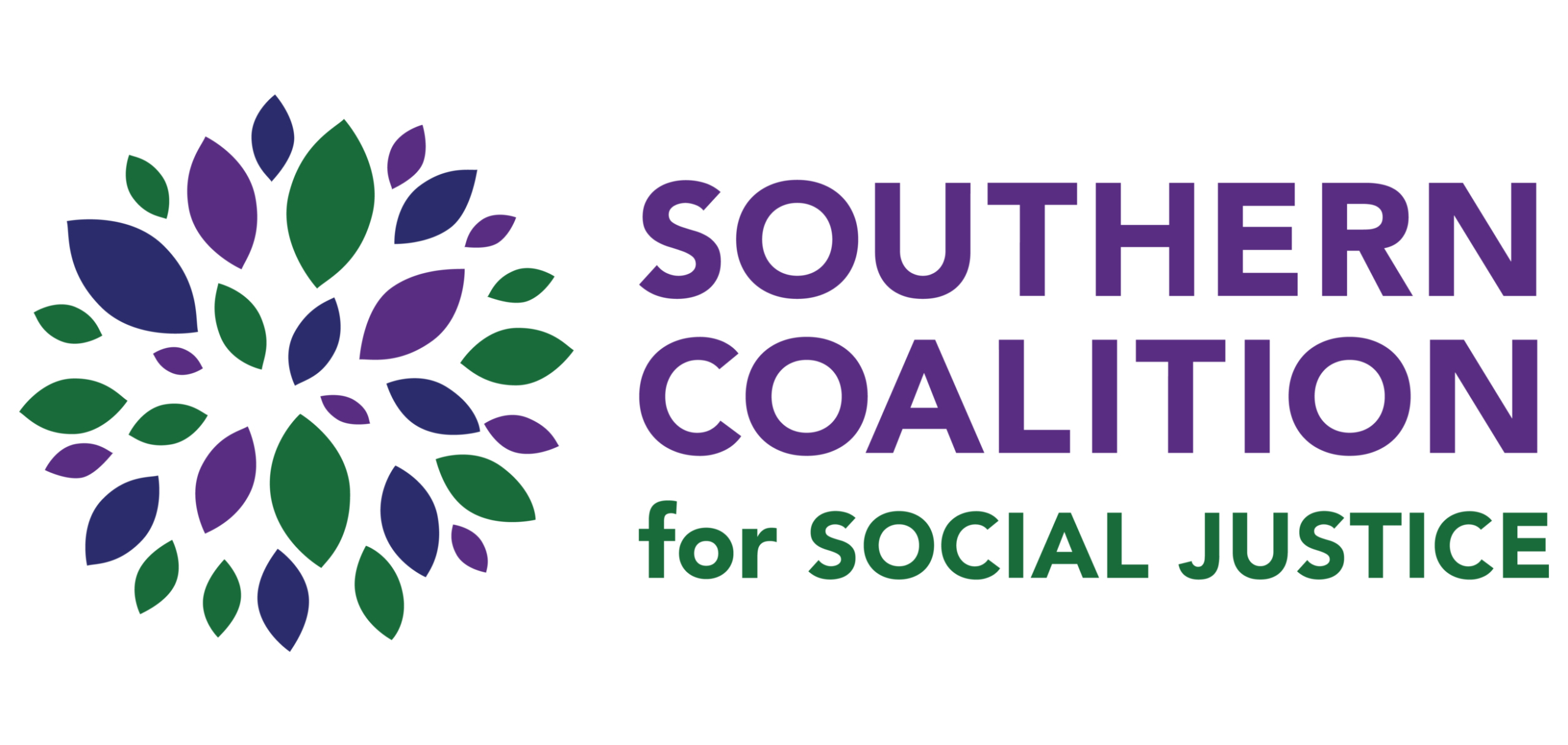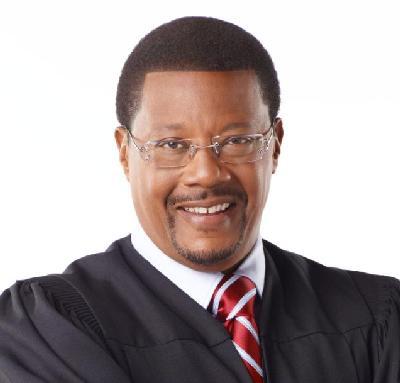Agricultural production in North Carolina is 46 billion dollar industry which involves the fifth most farmworkers of any state
(Legal Aid of NC). For tens of thousands of farmworkers, it’s an industry which remains seeped in extreme exploitation and, for some workers, modern-day slavery. The issue of human trafficking has become a point of action for the governments across the world, while here in North Carolina,
(the Southern Coalition for Social Justice) is teaming up Student Action with Farmworkers
Student Action with Farmworkers to build awareness about and to combat human trafficking on NC’s farms.
What is Human Trafficking?
Human trafficking, defined by the Trafficking Victims Protection Act of 2000 (TVPA) is any recruiting, harboring, moving, obtaining, or maintaining of a person by fraud, force, or coercion, for a commercial sex act, involuntary servitude, debt bondage, peonage, or slavery.
In 2007, at a time when the US Senate was fiercely debating immigration reform, the New York Times published
a story about a guest worker from Thailand, Worawut Khansamrit, which described the horrors of fraudulent recruiting and labor trafficking in North Carolina.
The story is simple, proving that human trafficking could happen to anyone. Mr. Khansamrit, a former farmer in Thailand, mortgaged his family farm in Thailand for the opportunity to work in North Carolina. Mr. Khansamrit was promised to make more than thirty times what he made in Thailand, which would have allowed him the ability to afford his daughter a quality education. When Mr. Khansamrit arrived in North Carolina, the job he was promised no longer existed, which led him to working in New Orleans cleaning up debris from Hurricane Katrina, a job for which he was never paid.
This story is repeated by many of the 120,000 guest workers per year allowed to get work visas. Guest workers fill a historical role in the work force in the US, a role based on paltry wages, no rights, and horrid working conditions. Faced with systematic exploitation, similar to the former plantations of yesteryear, the workers are faced with an assault on their basic human rights and little way out.
What are signs of Human Trafficking?
Human trafficking can be broken into two basic different forms; commercial sex trafficking, labor and service trafficking. Traffickers, including recruiters, pimps, small business owners, and criminal networks, are driven by enormous profits and huge demand for trafficked people to be exploited in labor and in sex work.
Victims of human trafficking are controlled by constant threats of violence, confiscation of identification documents, threats towards the victim’s family, threats of deportation, debt bondage, isolation from one’s community and the public, and language barriers.
Signs of human trafficking include involvement in commercial sex work, underpayment for work, confiscation of documents, lack of physical mobility, denial of communication, threats if a worker wants to leave, and a different work situation than promised. Trafficking does not require smuggling or forced movement, movement across borders or physical abuse.
What is being done?
Mr. Khansamrit and 21 other Thail workers, with the help of Legal Aid of North Carolina, filed a class action lawsuit against several labor contractors and farm owners in North Carolina for fraud, breach of contract, minimum wage violations and illegal human trafficking. Yet this is not the usual case for most people who are victims of human trafficking.
The
US State Department, as well as governments across the world, are working hard to combat human trafficking.
This summer, the Southern Coalition for Social Justice has had the great opportunity to have an intern with Student Action with Farmworkers
Into the Fields program who has been researching, compiling information, and designing popular education workshops about the trafficking of farmworkers in North Carolina. Also, we have been reaching out to farmworker camps, low-cost clinics that serve farmworkers, and partnering with Legal Aid of North Carolina's Farmworker Unit to combat human trafficking.
Through these efforts, we have been building community awareness about the illegality of human trafficking and the legal remedies for trafficked farmworkers. “This means that the fear workers once had of being deported can be exchanged with the hope people now have of obtaining a Visa and social services if they have been a victim of trafficking,” said Cris Kontopidis, “Into the Fields” intern with SCSJ.
“Our goal is to eventually reach all the locations where trafficking takes place in North Carolina, from the most urban to the most remote, and raise the awareness that people can have a way out, and reduce the potential for trafficking to continue happening,” said Kontopidis.
For more information check out
Legal Aid of NC Farmworker Unit Legal Aid of NC Farmworker Unit
The Southern Coalition for Social Justice

 The
The  SCSJ has submitted an official
SCSJ has submitted an official  Written by Garrett Sumner, Organizing Intern
On Thursday, the first workshop I attended was entitled “Globalization, Criminalization, and Managed Migration: Root Causes and Immigration Rights,” presented by the
Written by Garrett Sumner, Organizing Intern
On Thursday, the first workshop I attended was entitled “Globalization, Criminalization, and Managed Migration: Root Causes and Immigration Rights,” presented by the  According to Mathis: "Every year, more than 700,000 people are released from state and federal prisons: they all need to find work so that they may support themselves and their families, contribute to their communities and to ensure poverty, frustration and desperation don’t force them to return to a life of crime."
SCSJ has been promoting a fair hiring campaign to "Ban the Box", which would remove at the initial state of the employment process questions that ask whether the applicant has been convicted of a crime or been incarcerated . Durham has also recently considered
According to Mathis: "Every year, more than 700,000 people are released from state and federal prisons: they all need to find work so that they may support themselves and their families, contribute to their communities and to ensure poverty, frustration and desperation don’t force them to return to a life of crime."
SCSJ has been promoting a fair hiring campaign to "Ban the Box", which would remove at the initial state of the employment process questions that ask whether the applicant has been convicted of a crime or been incarcerated . Durham has also recently considered